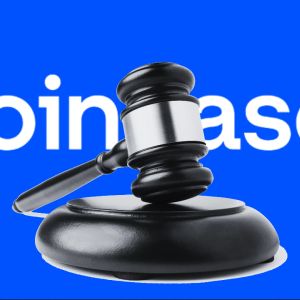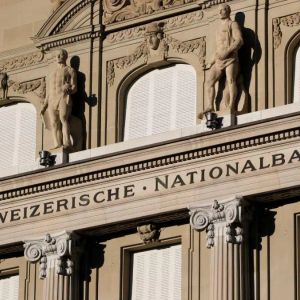The FDIC told banks to stop working with crypto firms like Coinbase. This raises fears that crypto will be cut off from traditional banking, similar to the 2013 “Operation Choke Point.” Coinbase and other crypto companies argue these secretive actions harm their businesses and customers. As lawmakers investigate, the future of crypto banking is now unclear. Recently an unredacted letter released from the Federal Deposit Insurance Corporation revealed a plan intended to prevent banks from doing business with cryptocurrency companies. FDIC ordered banks to stop working with crypto companies It was after a court order that asked for more transparency from the FDIC that Coinbase Global Inc. finally received the documents it had been seeking for so long. The so-called “pause letters” instructed the banks to halt or delay operations concerning cryptocurrencies. The revelation has fueled an uproar that the agency had methodically tried to dismantle the crypto trade’s link with banking – a move that observers have called “Operation Chokepoint 2.0.” Coinbase Chief Legal Officer Paul Grewal criticized the FDIC for not sharing the letters. He pointed out that the agency “magically found TWO more pause letters” even though it had said before that it had fully followed a court’s order. Note that FDIC magically found TWO more pause letters in this search after saying before that it had complied with an earlier Court order. It's hard to believe in their good faith when their sweater further unravels every time we pull on the thread. The new Congress should launch… — paulgrewal.eth (@iampaulgrewal) January 3, 2025 Judge Ana C. Reyes had already pointed out that the FDIC made too many redactions and ordered it to show fewer censored materials. Recently released letters show that banks were instructed to halt or pull back their cryptocurrency projects, from basic Bitcoin trading operations to more complex digital asset investment plans. It has been described as the original Operation Choke Point. In 2013, the Department of Justice initiated a program. It was designed as a means of bringing regulatory pressure on banks to sever their relationships with a number of “high-risk” but totally legitimate businesses, including payday lenders and gun dealers. In this crypto iteration, the banks received some vague notice of regulation. As such, they were left uncertain about whether it would bring unwanted attention or penalties upon them if they served the customers of cryptocurrency. Crypto industry reacts and looks to the future These disclosures come at a time when there is even more pressure for clear rules on how to oversee digital assets. Coinbase and others respond that these secretive efforts push real cryptocurrency businesses to move to other places with easier rules. This situation creates more problems for consumers and the overall financial system. Critics retort that regulators should promulgate rules in the open instead of hiding behind orders that harm whole industries. Congressional hearings may be on the horizon since lawmakers are very interested, starting with Representative French Hill who wants to look into and, if possible, change any unfair federal actions on crypto. Donald Trump had appointed people to look after it, they will help agencies like the FDIC and the SEC find a better balance. David Sacks, one of the people suggested to be the “crypto czar,” might look more closely at these letters while reviewing crypto regulations thoroughly. The edited versions do not conceal the FDIC’s apprehensions regarding crypto in banking. It appears that banks have been instructed to limit or delay digital asset services, which may slow innovation in regulated financial areas. The proponents say that this strict regulation protects consumers and the trustworthiness of the banking system. However, some have argued that closing off crypto could cause a problem in another area and hold back a potentially promising new segment of financial technology. The battle between federal agencies and crypto enthusiasts suggests a deeper tension in American financial regulation. Rather than obscure, backroom interventions, it is openness, transparency, and consistency of the rules they demand. It is precisely against this that federal agencies balance the risks of unregulated assets against the benefits of fostering growth in an emerging technology sector. Eventually, we will see whether such new discoveries create big policy changes or maintain existing policies. However, the fact that Coinbase won court does indicate that the companies in cryptocurrency are getting bolder about fighting against rules and may at least push those rules to become clearer. A Step-By-Step System To Launching Your Web3 Career and Landing High-Paying Crypto Jobs in 90 Days.

















